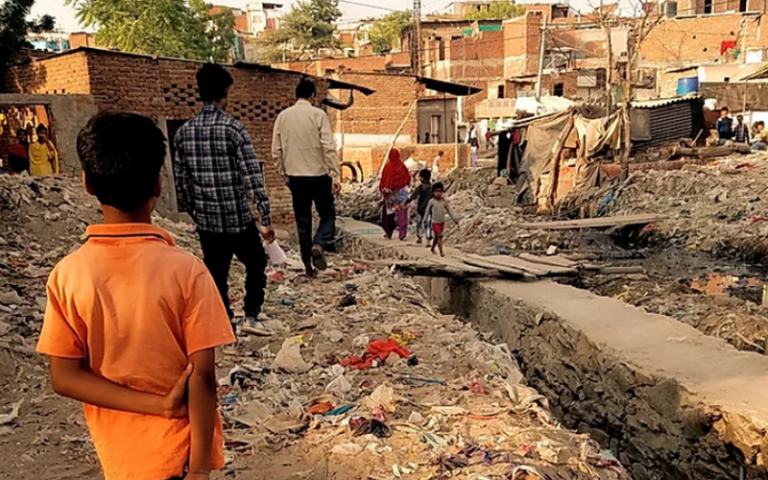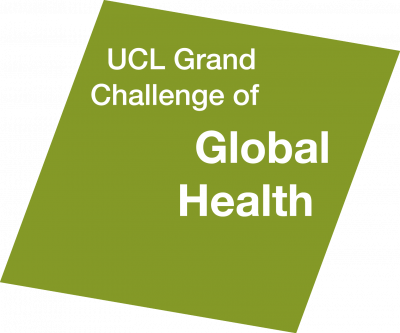Childhood Infections and Pollution (CHIP) study
Using citizen science to better manage and prevent infections in under-5s in Indian urban slums.

26 March 2020
Infections related to pollution have consistently been one of the leading causes of mortality for children under-five (U5) in many peri-urban slums all over the world, including respiratory and gastrointestinal infections. However, addressing this issue has proven to be complex, as these infections are likely to be caused by a variety of factors
This project developed a rapid household survey and implemented this within 15 households across three slum sites in Jaipur. Findings were analysed to determine common individual and household risk factors for infections in children under five, as well as informing the development of the larger Childhood Infection and Pollution (CHIP) project.
The project also brought together the first CHIP Consortia workshop in Jaipur, which brought together members from six different countries representing academic institutions, government bodies, and NGOs. This workshop was used to refine and develop CHIP methodology, as well as undertake slum visits.
The workshop, co-organised with Save the Children India, introduced partners to experts from across different sectors (such as engineering, epidemiology, social sciences, and medicine) allowing participants to benefit from the wealth of knowledge and ensuring comprehensive outputs.
Following the success of the project, the feasibility phase of the study has been expanded to Jakarta, Indonesia and Antofagasta, Chile. In February 2020 the project team also held a follow up second consortium workshop, this time in Jakarta. At the weeklong event, collaborators and potential partners attended discussions on various topics related to the study, from methodology of pilot study, to confidentiality agreements and publications and communications plan. It was a very productive workshop that resulted in many of the attendees looking into grant proposals to fund their own nested study within CHIP. The project's next workshop will be help in early 2021 in Hong Kong.
 Close
Close


